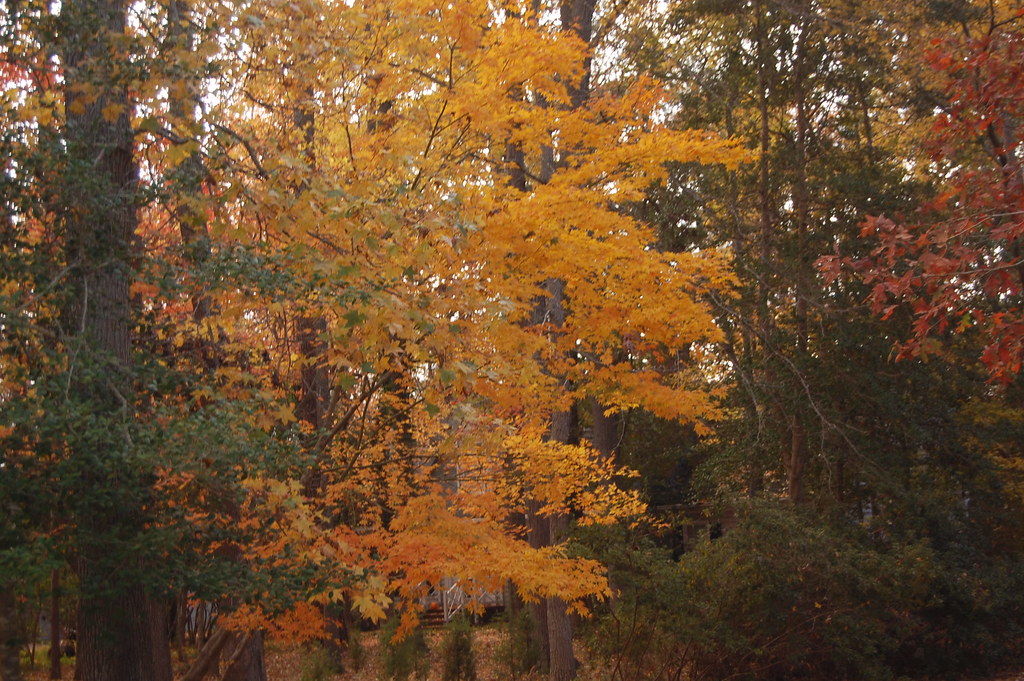As you read this article and others that touch on the Rights of Nature, keep in mind that strategically one, if not probably the most, effective way to drive them into law is declaring these rights in local ordinances.
Starting from the bottom up.
Because the legal doctrines that are in place in the United States make sustainability illegal. And the United States, of course, has a large influence on the rest of the world.
Check out this piece posted June 4, 2020 on Medium By Pella Thiel:
As we are seeing the UN Decade of Biodiversity coming to a close this year, to say that we haven’t fulfilled its promises would be an understatement. If anything, we are beginning to understand the extent to which the Earths’ living systems are falling apart. One million species might go extinct in the near future, according to a report from the Intergovernmental Panel on Biodiversity and Ecosystem Services (IPBES). That is more than half of the species described by science. Current negative trends in biodiversity and ecosystems are projected to undermine progress towards 80 per cent of the assessed targets of the Sustainable Development Goals related to poverty, hunger, health, sustainable consumption and production, water, cities, climate, oceans and land.
Well, guess what? We depend on living systems for our wellbeing. This is not news, but ancient knowledge. Indigenous peoples know themselves as parts of nature. As Onondaga spiritual leader Oren Lyons puts it: ”The environment isn’t over here. The environment isn’t over there. You are the environment.”
Following from the stark conclusions of its Global Assessment report, IPBES is calling for transformative change. “Through ‘transformative change’, nature can still be conserved, restored and used sustainably — this is also key to meeting most other global goals. By transformative change, we mean a fundamental, system-wide reorganization across technological, economic and social factors, including paradigms, goals and values” says IPBES Chair, Sir Robert Watson.
2020 has been deemed a ”super-year” för nature, as the post-2020 global biodiversity framework, similar to a Paris Agreement for Nature, is being laid out within the Convention for Biological Diversity (due to the corona crisis the adoption will be post-poned to 2021). CBD is the most important international agreement for nature, and it is also calling for transformation. The frameworks aims to ”support transformational change towards realizing the 2050 vision of living in harmony with nature.” So, how do you catalyse transformative change? Transformation, from what, to what?
Actually, there is a concept that might support this transformation in relationship. Acknowledging that not just humans, but all living things have rights, which can be upheld by the law, Rights of Nature is quietly being developed on different levels worldwide.
Transformation means system change. To change the system in any meaningful way, we need to look at the assumptions the system is built on. The paradigm. The most powerful assumptions of the western culture has to do with the human-nature relationship. This culture is largely built upon the assumption that humans are separate from nature and has the right, or even duty, to control and dominate it. Christianity and science, the legitimising powers of the western society, have been in agreement on this fundamental tenet. It has shaped our institutions, methods, laws, and society as a whole.
As most cultural assumptions it is invisible. Like fish, who don’t know they are swimming in water, we don’t know that we are totally antropocentric. The frameworks aiming at ”transformative change” for conserving biodiversity is still assuming that people are governing nature and need to preserve it for the goods and services it provides. Oren Lyons again: “I do not see a delegation for the four-footed. I see no seat for the eagles.” Actually, there can be no seat for the eagles, as according to the western worldview, they have no voice. They four-footed ones, the trees, the fish are viewed as objects, resources, commodities. They are right-less.
The transformation needed in our relationship with the more-than-human world is the one Oren Lyons is talking about. To understand that we are part of life, just like the worms, the oak trees and the corona virus are part of life. That just like there are human needs, so do all living beings have needs and interests. This means a transformation of the human being in the world. But, as Oren Lyons asks: “We wonder, how do you instruct seven billion people as to the relationship to the Earth? Because unless they understand that and relate the way they should be, future is pretty dim for the human species.”
Actually, there is a concept that might support this transformation in relationship. Acknowledging that not just humans, but all living things have rights, which can be upheld by the law, Rights of Nature is quietly being developed on different levels worldwide. The constitution of Ecuador is recognising the Rights of Nature, as is the Environmental Act of Uganda. Local communities in the US are developing Rights of Nature ordinances. In Colombia (host of World Environment Day this year) the Constitutional Court as well as regional courts have assigned several rivers status as legal subjects. The Supreme Court of Colombia in 2018 judged in favour of youth suing the state for not respecting their rights to a healthy environment, life, health, food, and water due to climate change caused by deforestation. In order to protect the forest, the Supreme Court recognized the Colombian Amazon as an entity subject of rights. This means that the State has a duty to protect, conserve, maintain, and restore the forest.
Read more of the full post here.

